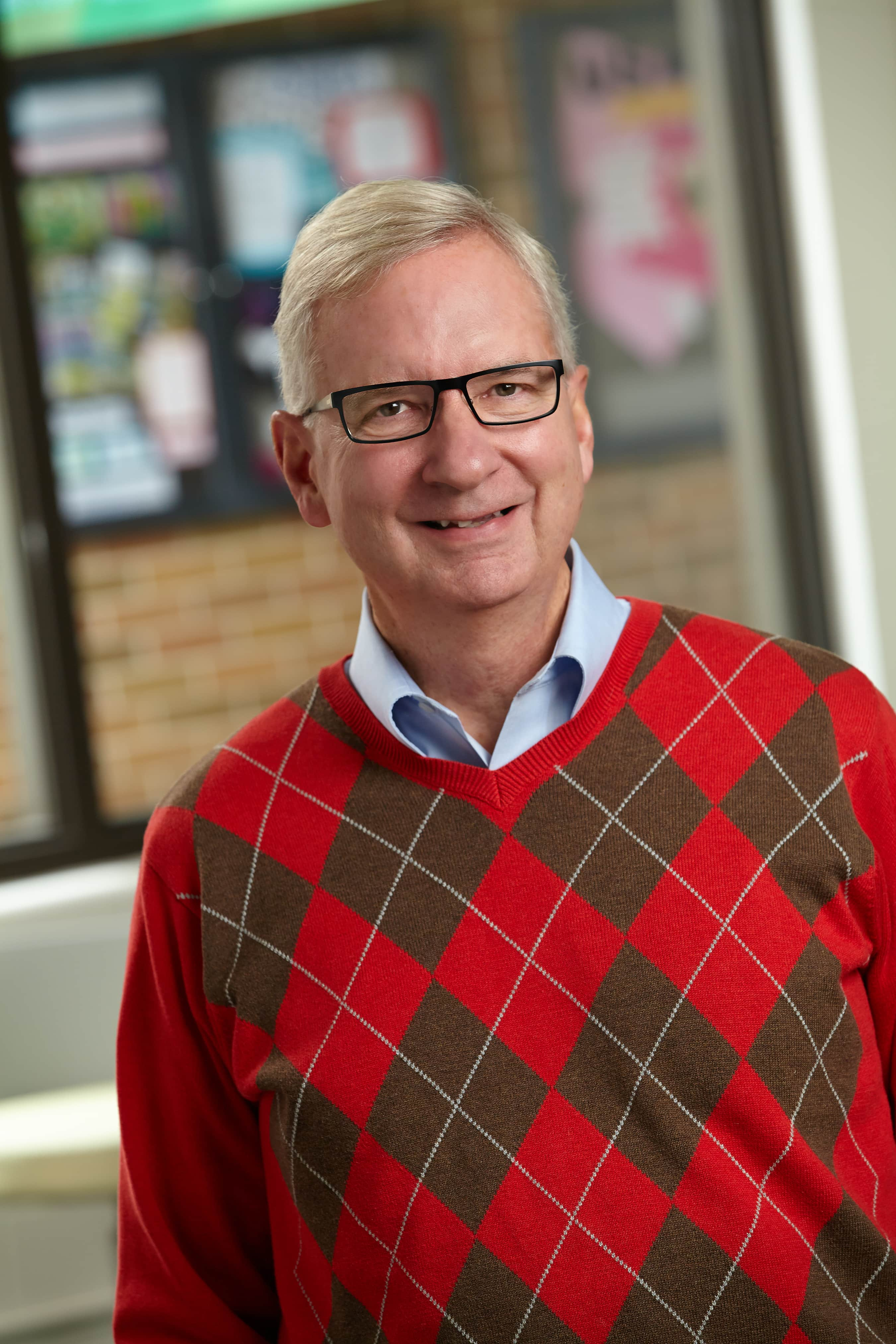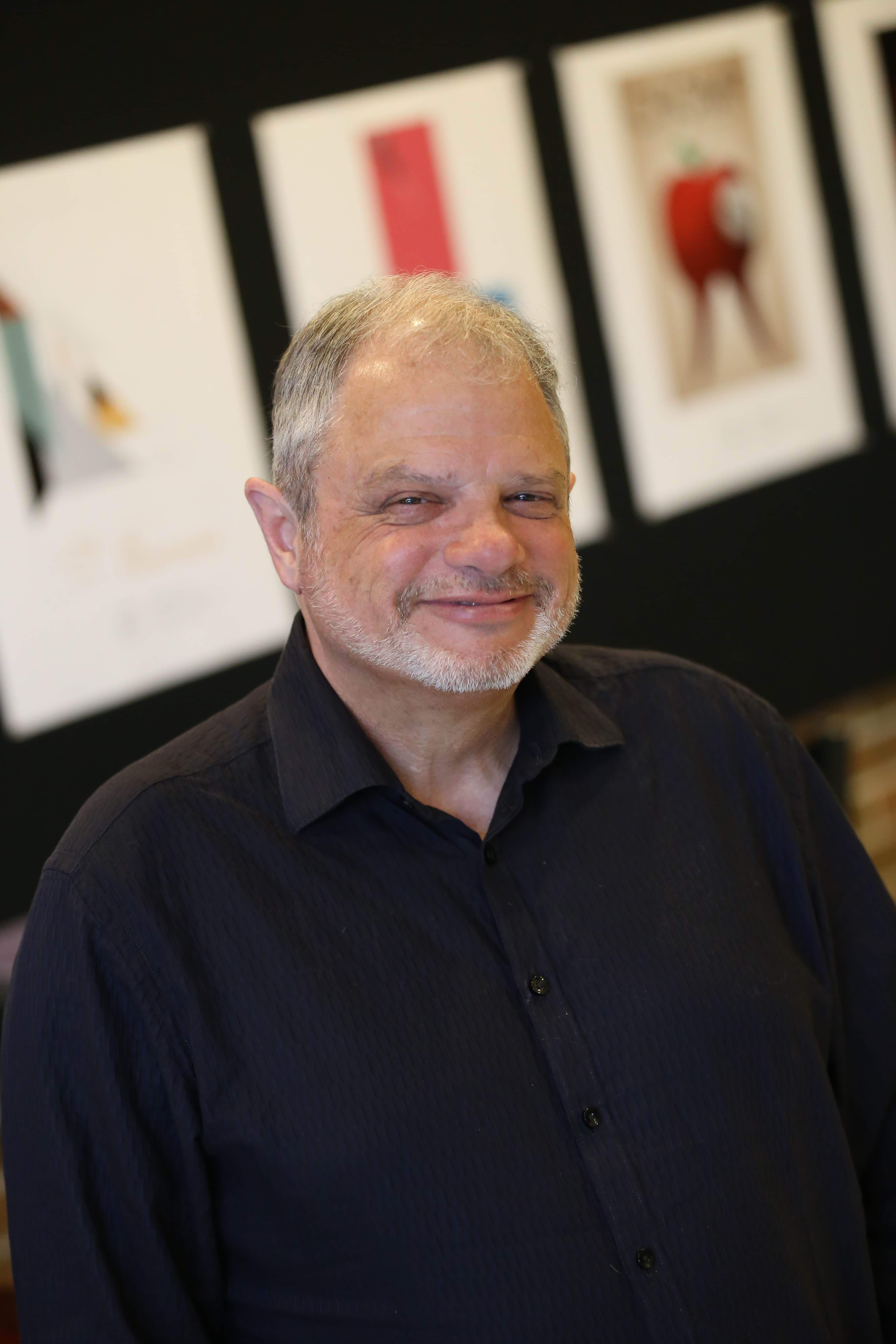William Donohue and Frank Boster, professors in the Communication Department, join a large group of ComArtSci faculty who have been acknowledged by the International Communication Association (ICA). Both Donohue and Boster were nominated and awarded Fellow status for their research and dedication to communication.
Department of Communication Professor and ICA Fellow William Donohue
ICA welcomes scholars studying and teaching human communication. In order to become a Fellow, an individual must be a member of the Association and has to be nominated by another member. Then, it’s put to a vote.
Former Michigan State University professor Don Ellis nominated Donohue for his study of conflict management and resolution. Donohue’s ongoing research targets topics such as divorce mediation and hostage negotiation.
“It’s nice to have the recognition that my research has had an impact and that people have found the work made a contribution and is credible work. It’s nice to have peer recognition,” said Donohue.
Boster’s research studies social influence in groups. His current focus lies in something he calls “sticky messages.”
Department of Communication Professor and ICA Fellow Frank Boster
“(I’m) excited right now about the idea of sticky messages and how we design messages that are not only persuasive but stay that way for a period of time,” Boster said. “There’s a tendency for a persuasive message to change people and then (they) revert back to (the way they were) before they were exposed to the message.”
Boster was nominated by Malcolm Parks, a classmate from graduate school and now a professor at the University of Washington.
“I was honored that he took the time to not only write a letter for me, which he did very thoughtfully, but also arranged for others to write supporting letters,” he said. “And I was honored that the fellows that vote found me worthy of that designation.”
Donohue and Boster presented at the ICA Conference in Japan where they were officially awarded and recognized as Fellows.
They will receive plaques in acknowledgement of their new status and achievements

